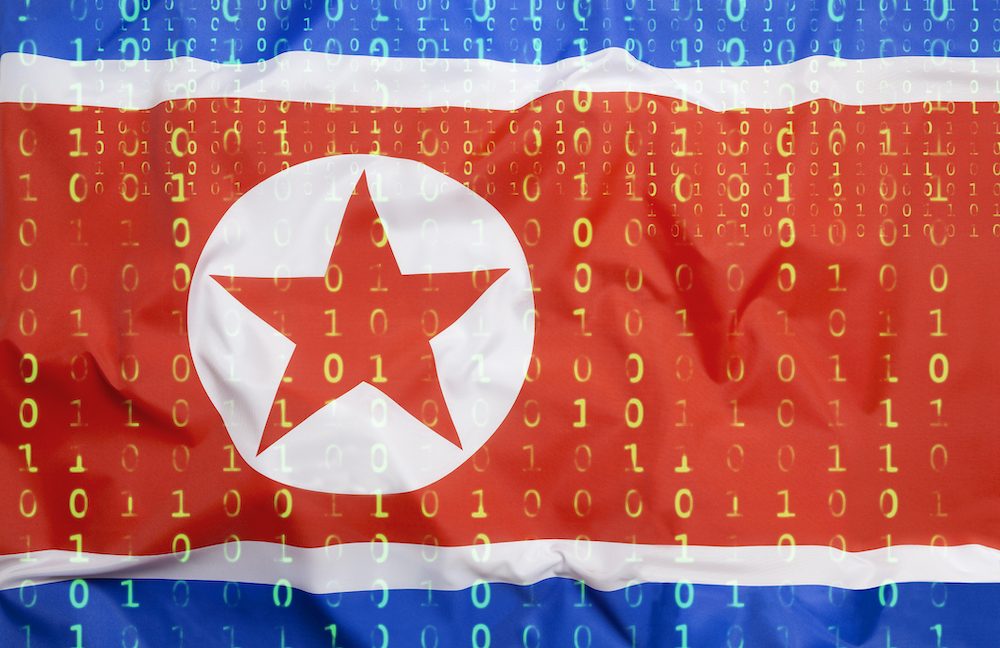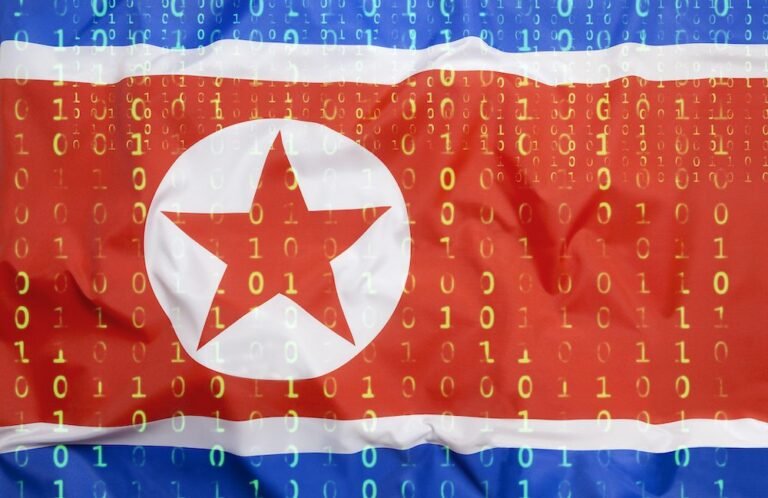
Each defendant also helped the IT workers pass employer vetting procedures. Travis and Salazar, for example, appeared for drug testing on behalf of the workers.
Travis, an active-duty member of the US Army at the time, received at least $51,397 for his participation in the scheme. Phagnasay and Salazar earned at least $3,450 and $4,500, respectively. In all, the fraudulent jobs earned roughly $1.28 million in salary payments from the defrauded US companies, the vast majority of which were sent to the IT workers overseas.
The fifth defendant, Ukrainian national Oleksandr Didenko, pleaded guilty to one count of aggravated identity theft, in addition to wire fraud. He admitted to participating in a “years-long scheme that stole the identities of US citizens and sold them to overseas IT workers, including North Korean IT workers, so they could fraudulently gain employment at 40 US companies.” Didenko received hundreds of thousands of dollars from victim companies who hired the fraudulent applicants. As part of the plea agreement, Didenko is forfeiting more than $1.4 million, including more than $570,000 in fiat and virtual currency seized from him and his co-conspirators.
In 2022, the US Treasury Department said that the Democratic People’s Republic of Korea employs thousands of skilled IT workers around the world to generate revenue for the country’s weapons of mass destruction and ballistic missile programs.
“In many cases, DPRK IT workers represent themselves as US-based and/or non-North Korean teleworkers,” Treasury Department officials wrote. “The workers may further obfuscate their identities and/or location by sub-contracting work to non North Koreans. Although DPRK IT workers normally engage in IT work distinct from malicious cyber activity, they have used the privileged access gained as contractors to enable the DPRK’s malicious cyber intrusions. Additionally, there are likely instances where workers are subjected to forced labor.”
Other US government advisories posted in 2023 and 2024 concerning similar programs have been removed with no explanation.
In Friday’s release, the Justice Department also said it’s seeking the forfeiture of more than $15 million worth of USDT, a cryptocurrency stablecoin pegged to the US dollar, that the FBI seized in March from North APT38 actors. The seized funds were derived from four heists APT38 carried out, two in July 2023 against virtual currency payment processors in Estonia and Panama and two in November 2023 thefts from exchanges in Panama and Seychelles.
Justice Department attempts to locate, seize, and forfeit all the stolen assets remain ongoing because APT38 has laundered them through virtual currency bridges, mixers, exchanges, and over-the-counter traders, the Justice Department said.


